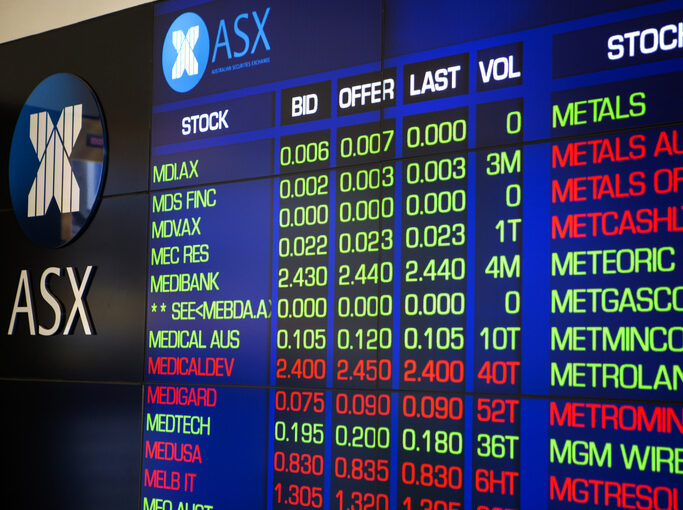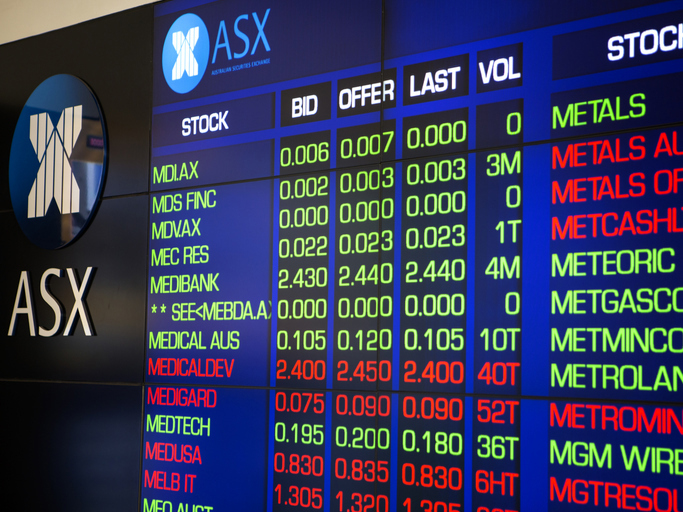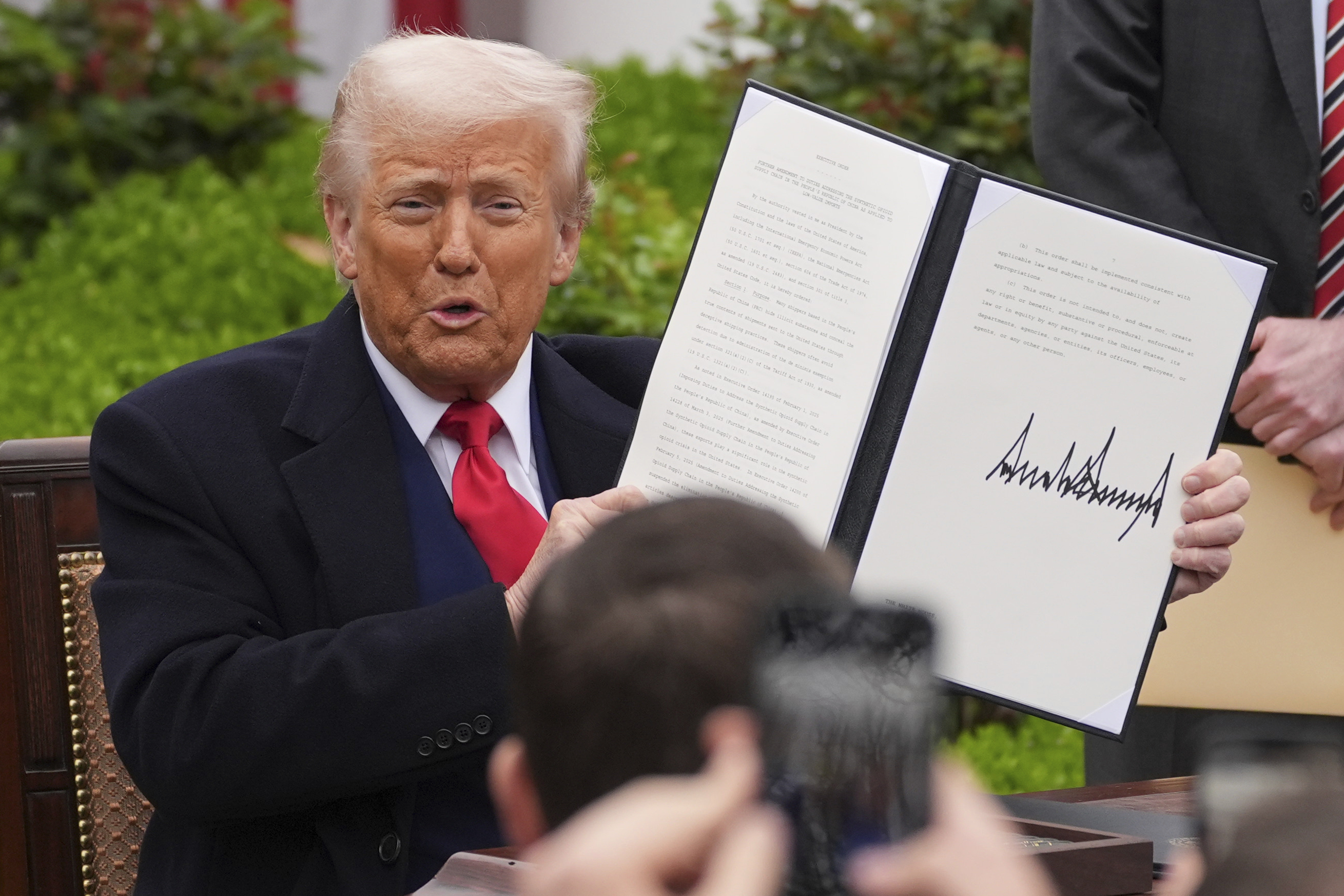The Australian Stock Exchange recovered slightly after a massive opening loss of $160 billion today, but has still lost $100 billion for the day as of about midday AEST.
The ASX 200 fell 6.4 per cent to a 16-month low of 7177.3 after the exchange opened at 10am.
At about noon, it was down 3.7 per cent at 7383.1, rebounding from that low.
READ MORE: Bailed underworld figure Tony Mokbel attends church on third day of freedom
Mining companies and the big four banks were among the biggest drops, which came even after the ASX-200 opened at a 100-day low of 7453.90.
Asian markets also plunged today, deepening a global stocks rout triggered by US President Donald Trump's trade war.
Japan's benchmark Nikkei fell by more than eight per cent shortly after opening.
The share average, which tracks 225 of the country's most valuable companies, has fallen below the 33,000 level for the first time since August 2024, according to Reuters.
The broader Topix index last traded more than 7.5 per cent lower, recovering from its steepest losses.
South Korea's Kospi tumbled more than 4.8 per cent shortly after opening. Trading was halted for five minutes when a circuit breaker designed to prevent panic selling was triggered.
In mainland China, the Shanghai Composite Index opened down 4.5 per cent and last traded 6.7 per cent lower. The blue-chip CSI300 index lost 7.5 per cent. In Hong Kong, the benchmark Hang Seng index opened more than nine per cent lower.
Taiwan's Taiex plummeted more than 9.7 per cent after opening. Almost all Taiwanese stocks, including TSMC and Foxconn, two of the island's best-known export powerhouses, triggered circuit breakers, according to Taiwan's Central News Agency. Both TSMC and Foxconn fell about 10 per cent.
Tariffs trigger trade war
The Australian Financial Review earlier said more than $114 billion could be lost today, amid concerns the US could be headed for a recession.
On Friday, Australian shares closed with a $56.6 billion loss, the largest in eight months, following the Trump administration's tariffs announcement last week.
The S&P/ASX 200 Index fell 2.4 per cent, or by 191.9 points, to 7667.8 points at close.
Australia's US exports, which are now subject to a broad 10 per cent tariff, only make up a small amount – about four per cent – of Australia's export total.
READ MORE: What do Australians buy from the US, and what do we sell to them?
But fears of an escalating US trade war with China, Australia's largest trading partner, have hit the stock market hard.
China has retaliated after the White House imposed a 34 per cent tariff on imports last week, on top of an existing 20 per cent levy.
Beijing has now slapped its own 34 per cent tariff on goods arriving from the US.
Other nations and entities including US allies India, South Korea, and the European Union, have pledged to also take some kind of retaliatory action.
READ MORE: Young women leading change in workplace culture, expert says
Australian Prime Minister Anthony Albanese has pledged to keep US tariffs off the table but also has refused to budge on what US lobbyists have claimed are trade barriers.
These include Australia's strict biosecurity laws, which by default limit the importation of US beef, and the cheaper medicines provided by the Pharmaceutical Benefits Scheme.
The White House said overnight (Sunday local time) that more than 50 countries had made contact to begin negotiations over the tariffs, according to the Associated Press.
DOWNLOAD THE 9NEWS APP: Stay across all the latest in breaking news, sport, politics and the weather via our news app and get notifications sent straight to your smartphone. Available on the Apple App Store and Google Play.





